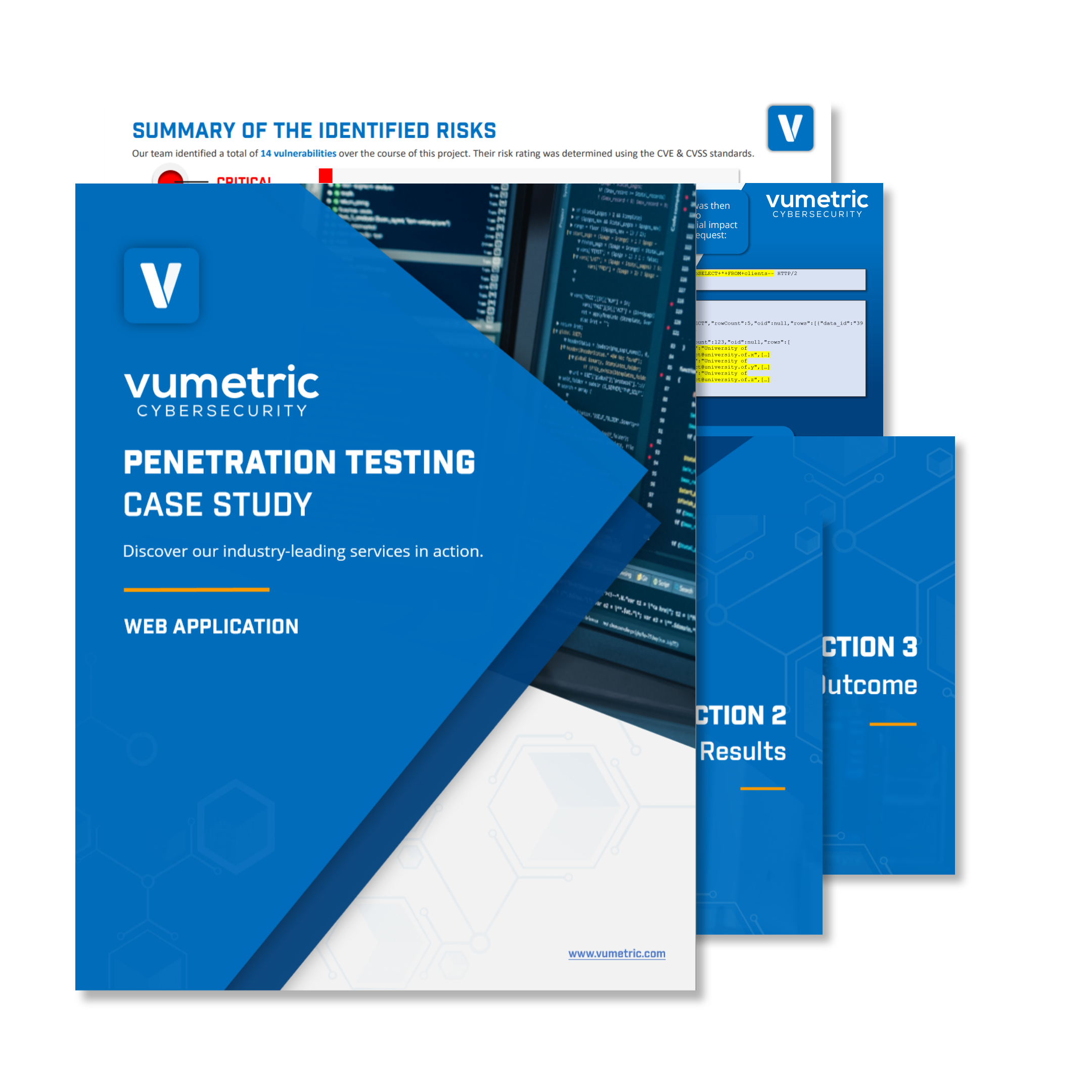Vulnerability testing is an essential aspect of any organization’s cybersecurity strategy. By proactively identifying and addressing potential weaknesses in your IT infrastructure, you can significantly reduce the risk of cyberattacks and protect your valuable assets. In this article, we will explore the various types of vulnerability testing, discuss the benefits of conducting regular assessments, and provide actionable insights to help you strengthen your organization’s security posture.
Understanding Vulnerability Testing
Vulnerability testing, often referred to as vulnerability assessment, is the process of systematically scanning, identifying, and evaluating potential security flaws in an organization’s IT infrastructure. This can include networks, applications, hardware, and other systems. The primary objectives of vulnerability testing are to:
- Discover potential weaknesses in your infrastructure
- Assess the impact and risk associated with each vulnerability
- Develop and prioritize mitigation strategies to address the identified vulnerabilities
Types of Vulnerability Testing
There are several types of vulnerability testing, each with its own unique approach and focus:
- Network Vulnerability Testing: This type of testing focuses on identifying weaknesses in an organization’s network infrastructure, such as misconfigurations, outdated software, and exposed services.
- Application Vulnerability Testing: This testing method targets specific software applications to uncover security flaws, such as input validation errors, insecure coding practices, and authentication weaknesses.
- Wireless Vulnerability Testing: This assessment targets wireless networks to identify misconfigurations, weak encryption protocols, and unauthorized access points.
- Physical Vulnerability Testing: This type of testing evaluates the physical security of an organization’s facilities, such as access controls, surveillance systems, and environmental controls.
Benefits of Regular Vulnerability Testing
Conducting regular vulnerability assessments offers numerous benefits for organizations of all sizes:
- Enhanced Security Posture: By identifying and addressing vulnerabilities, you can significantly reduce your organization’s attack surface and mitigate potential cyber threats.
- Regulatory Compliance: Many industries and jurisdictions require organizations to conduct vulnerability assessments as part of their regulatory compliance obligations, such as GDPR, HIPAA, and PCI DSS.
- Improved Incident Response: Understanding your organization’s vulnerabilities allows you to develop more effective incident response plans and reduce the potential impact of security breaches.
- Competitive Advantage: Demonstrating a strong commitment to cybersecurity can help differentiate your organization from competitors and build trust with customers, partners, and other stakeholders.
External Penetration Testing
Case Study
See our industry-leading services in action and discover how they can help secure your external network perimeter from modern cyber threats and exploits.
Penetration Testing Guide
(2024 Edition)
Everything you need to know to scope, plan and execute successful pentest projects aligned with your risk management strategies and business objectives.
Web Application Penetration Testing
Case Study
See our industry-leading services in action and discover how they can help secure your mission-critical Web Apps / APIs from modern cyber threats and exploits.
Internal Penetration Testing
Case Study
See our industry-leading services in action and discover how they can help secure your internal network infrastructure from modern cyber threats and unauthorized access.
Best Practices for Vulnerability Testing
Here are some best practices to help ensure the effectiveness of your vulnerability testing efforts:
-
- Establish a Regular Testing Schedule: Conducting vulnerability assessments on a regular basis will help you stay ahead of emerging threats and maintain a strong security posture.
- Adopt a Risk-Based Approach: Prioritize testing efforts based on the potential impact and likelihood of exploitation, focusing on high-risk assets and critical systems.
- Collaborate with Stakeholders: Engage with relevant stakeholders, such as IT, development, and operations teams, to ensure comprehensive coverage and buy-in for remediation efforts.
- Document and Track Findings: Maintain a centralized repository for vulnerability assessment results, and track the progress of remediation efforts to ensure timely and effective resolution.
- Validate Remediation Efforts: Re-test previously identified vulnerabilities after remediation efforts have been implemented to confirm that they have been effectively resolved.
Working with a Trusted Partner
Given the complexity and ever-evolving nature of cybersecurity threats, it is essential to work with a trusted partner who specializes in vulnerability testing and penetration testing. Our team of experts can help you develop a comprehensive testing strategy tailored to your organization’s unique needs, ensuring you stay ahead of emerging threats and maintain a strong security posture.
Ready to strengthen your organization’s cybersecurity defenses? Contact our experts today to discuss your vulnerability testing needs and learn more about our specialized services.
Conclusion
Vulnerability testing is a critical component of any robust cybersecurity strategy. By proactively identifying and addressing potential weaknesses in your IT infrastructure, you can reduce the risk of cyberattacks, maintain regulatory compliance, and enhance your organization’s security posture. By following best practices and working with a trusted partner, you can ensure that your vulnerability testing efforts are effective, comprehensive, and aligned with your organization’s unique needs.








